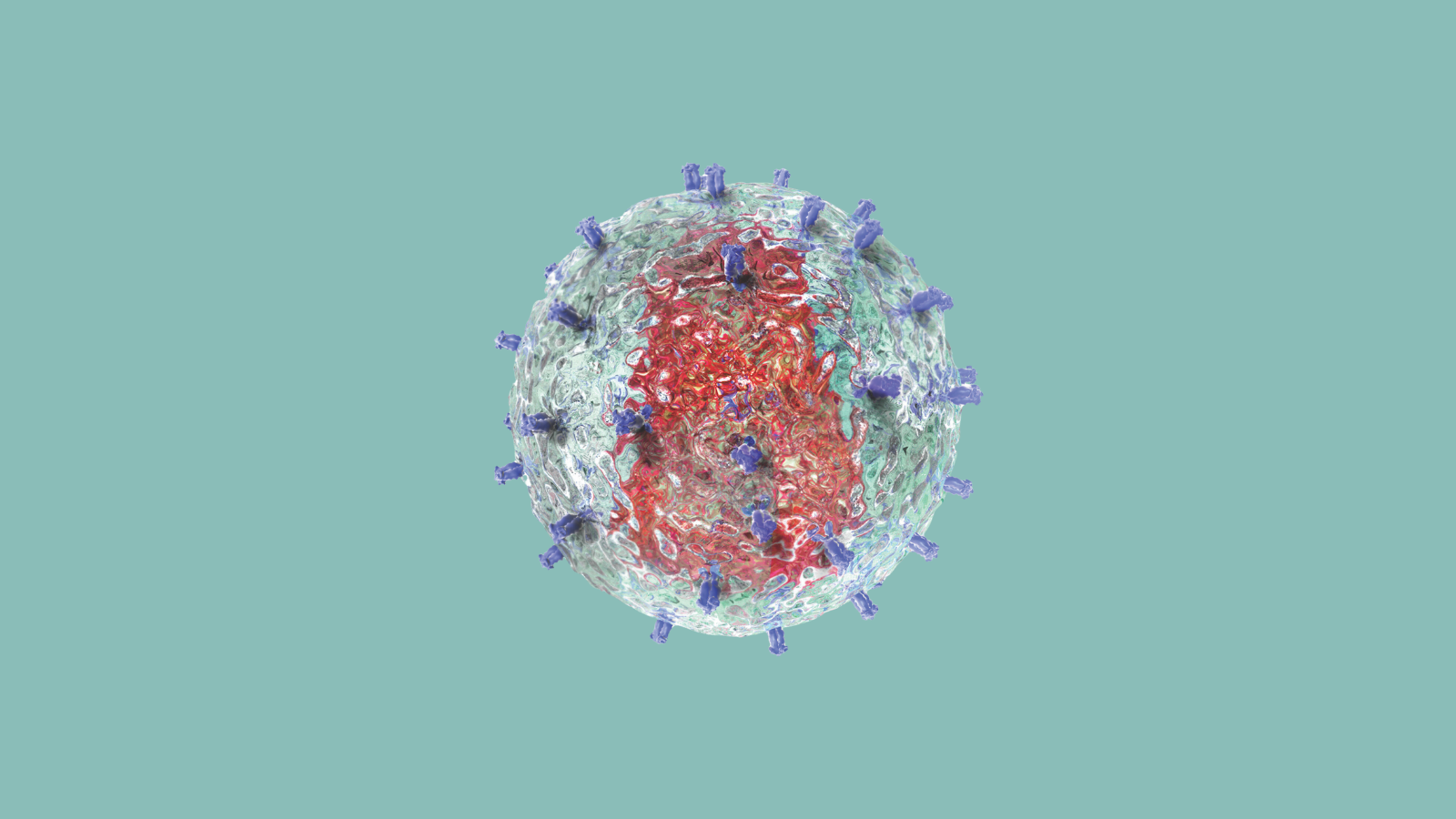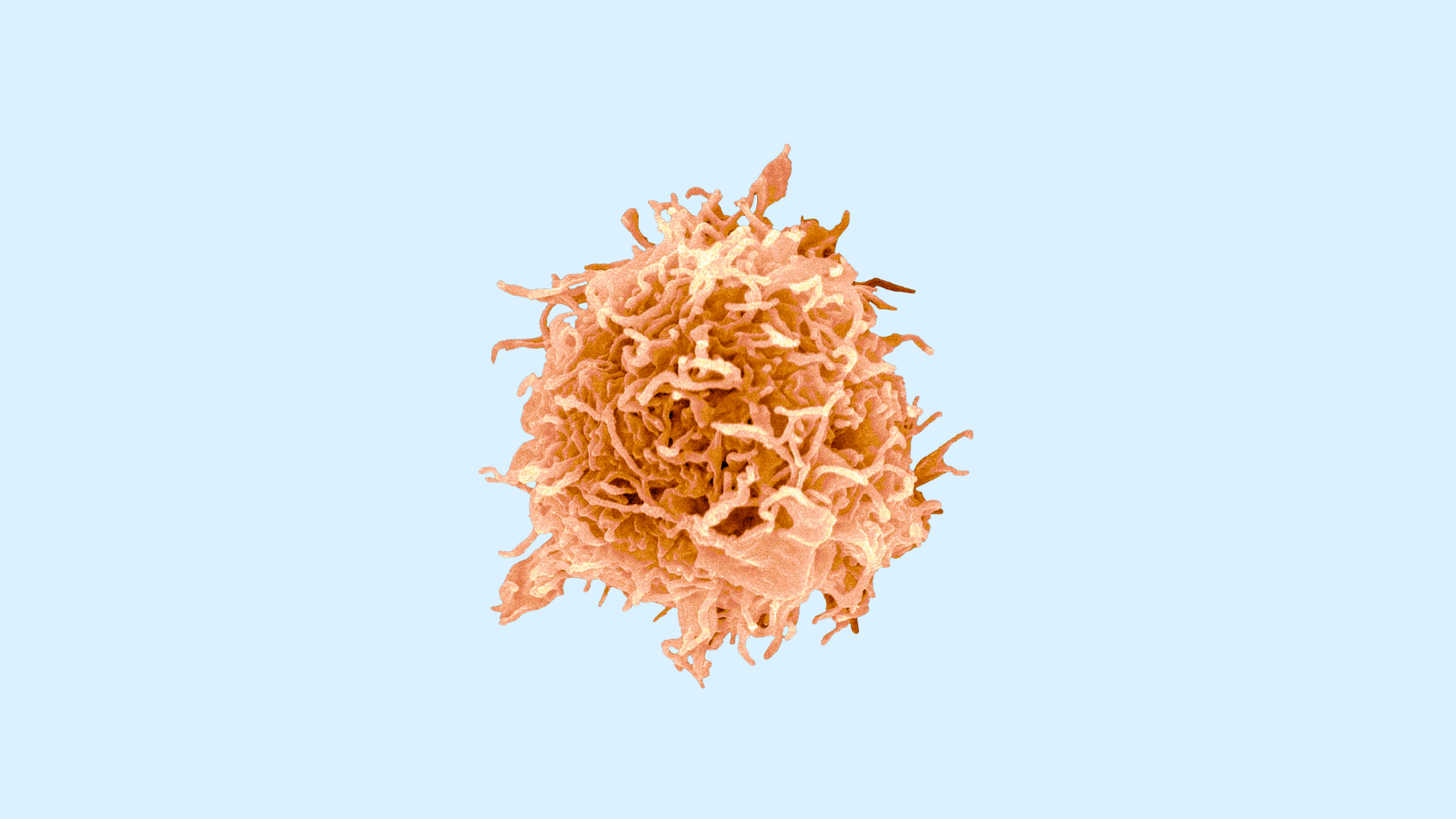The HIV Vaccine Translational Research (HVTR) Laboratory was established in 2012 as a joint initiative between the Translational Health Science and Technology Institute (THSTI) — an autonomous body of the Department of Biotechnology, Ministry of Science and Technology, Government of India — and IAVI.
The laboratory primarily focused on studying the genetic and functional diversities of majorly circulating HIV-1 clade C in India, informing the discovery and characterization of monoclonal antibodies (mAbs), and selection of combinations of broadly neutralizing mAbs as region-specific prevention products. The resurgence of infections, due to evolving and resistant pathogens, led to the diversification of the laboratory’s portfolio in 2019, with THSTI and IAVI expanding their collaboration beyond HIV vaccine research to establish the Antibody Translational Research Program (ATRP).
The objective of the program is to enable the discovery and translation of broadly neutralizing antibodies (bnAbs) for diseases of concern that are affordable, applicable, and accessible to low- and middle-income countries (LMICs). The program is focused on becoming a key Center of Excellence for antibody research and is closely linked with the IAVI Neutralizing Antibody Center (NAC) and a global network of laboratories. Given its trajectory and caliber, the program is generating robust scientific evidence to further vaccine and antibody science, creating novel platform, assays, and pipelines for product suitability, and promoting south-south linkages to enable harmonized methodologies and collaborative research. ATRP’s core capabilities and assets include pathogen sequencing, bioinformatics and predictive algorithms, high throughput data analysis, immunophenotyping, end-to-end discovery to pre-clinical assessment of antibodies, and a network of sites with access to geographically distinct populations through an integrated partner network. ATRP’s ever-expanding discovery research-based partnership network boasts of premier global and Indian institutes such as:
- AIIMS – All India Institute of Medical Sciences
- RCB – Regional Centre for Biotechnology
- IISc – Indian Institute of Science
- NII – National Institute of Immunology
- NIRRH – National Institute for Research in Reproductive and Child Health
- YRGCARE – YR Gaitonde Centre for AIDS Research and Education
- IBSD – Institute of Bioresources and Sustainable Development
- STM – School of Tropical Medicine, Kolkata
- Scripps – Scripps Research Institute
- University of Oslo
- UKZN – University of KwaZulu-Natal
- NICD – National Institute for Communicable Diseases
- Imperial College
- UVRI – Uganda Virus Research Institute
- KEMRI – Kenya Medical Research Institute
The ATRP also plays a central role in strengthening scientific capacity in affiliated African and Indian laboratories to enable independent research. This has led to over 30 researchers being trained in advanced scientific skills and creation of a strong alumni network across regions and disciplines.
Research focus

Pathogen surveillance and virus characterization
An effective HIV vaccine remains elusive, and antiretroviral therapy (ART) is the only effective modality available for treatment as well as pre-exposure prophylaxis. Increasing ART resistance globally is therefore concerning and highlights the need for other preventive modalities. Broadly neutralizing antibody based interventions are potentially transformative as prophylactics. It is imperative to ensure that bnAbs and related vaccine products are suitable against circulating strains. The team at ATRP contributes to comprehensive genotypic and phenotypic characterization of contemporary circulating HIV-1 through a collaborative network with several national and global partners.

Antibody discovery and B-cell repertoire assessment
The ATRP applies discovery and characterization of novel mAbs against HIV-1 and SARS-CoV-2, with particular reference to ones majorly circulating in India and globally. There are several gaps in understanding the human immune system’s response to viral infections. These responses, such as humoral/antibody responses mediated by B cells and cellular responses mediated by T cells, are not only complex and dynamic but may also differ in different races, ethnicities, and in response to various environmental factors. Detailed knowledge of B and T cells is therefore essential to ensure effectiveness of vaccine candidates currently in the pipeline. The ATRP team is engaged in thorough characterization of B-cell repertoire diversity associated with different stages of viral pathogenesis.

Antibody and protein production and characterization
The protein production and characterization pillar is strongly integrated with the other two pillars through their capacities in production of high-quality antigenic proteins and antibodies in the disease area of HIV and other emerging infectious diseases. These proteins once produced from mammalian cells, are further characterized to confirm their quality and other structural attributes using different biophysical and bioanalytical tools. Their functional attributes are characterized by advanced sophisticated protein-protein interaction determining technology. Proteins fully characterized and confirmed have diverse applications including but not limited to their use as potential future immunogens, antigenic bait for B-cell sorting to isolate novel antibodies, and as protein-based reagents that are crucial for performing functional assays.
The program also leverages the platform established to assess the suitability of immunogens and antibodies that will be appropriate for India, Africa, and other related geographies. Given India’s manufacturing prowess, these immunogens and antibodies can then be indigenously manufactured and tested in clinical trials for potential introduction in the country and the region.
Global expertise & supporters
The ATRP is guided by leading experts in the field. These include:
- Prof Rafi Ahmed, Director, Emory Vaccine Center, USA
- Prof Vineeta Bal, Professor of Eminence, IISER, Pune, India
- Prof Lynn Morris, University of the Witwatersrand, South Africa
- Dr Debashish Mitra, Professor of Eminence, DBT-NCCS, Pune, India
- Dr Mark Feinberg, President & CEO, IAVI, USA
ATRP is funded by the Government of India (GoI), the U.S. Agency for International Development, Research Council of Norway, and Welcome DBT Alliance.
